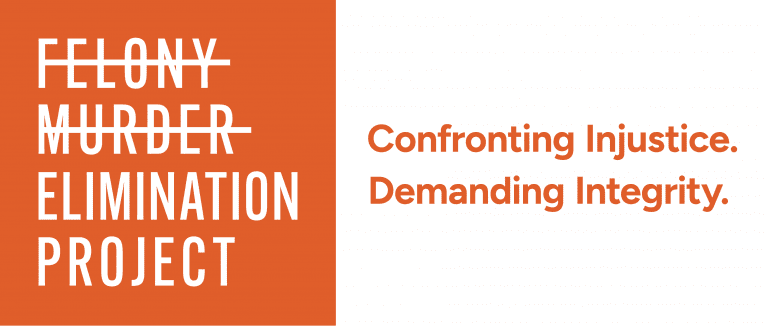People with mental illnesses, both diagnosed and undiagnosed, are overrepresented in the U.S. prison population, emphasizing the need for evidenced-based and consistent prison mental health care services. It is well established that incarceration for this population poses physical and mental health risks including greater likelihood of victimization and suicide compared to the general prison population. Yet, research is less clear about how staff and services shape these prison experiences.
About two in five people who are incarcerated have a history of mental illness (37% in state and federal prisons and 44% held in local jails). This number is twice the prevalence of mental illness within the overall adult population. Given these rates, America’s jails and prisons have become de-facto mental health providers, at great cost to the well-being of people with mental health conditions, especially when the mental health care services provided in prison fall short.
Key Statistics:
- Percent of people in state prisons who have been diagnosed with a mental disorder: 43%
- In locally-run jails: 44%
- Percent of people in state prisons with chronic mental illness who have not had treatment since admission: 33%
- Percent of people in federal prisons who reported not receiving any mental health care while incarcerated: 66%
- Percent of police shootings in 2015 that involved a mental health crisis: 27%
- Portion of people jailed 3+ times within a year who report having a moderate or serious mental illness: 27%
- Lasting effects of incarceration: post-traumatic stress, anxiety, impaired decision-making, and more
(statistics from Prison Policy Initiative)
Despite court mandates, there is a significant lack of access to adequate mental health care in incarcerated settings. About three in five people (63%) with a history of mental illness do not receive mental health treatment while incarcerated in state and federal prisons. It is also challenging for people to remain on treatment regimens once incarcerated. In fact, more than 50% of individuals who were taking medication for mental health conditions at admission did not continue to receive their medication once in prison.
People with mental illness often face challenges to navigating life in a jail or prison. Behaviors related to their symptoms can put them at risk for consequences of violating facility rules, such as solitary confinement or being barred from participating in programming. This underscores the need for appropriate mental health treatment in incarcerated settings. People with mental illness who are incarcerated deserve access to appropriate mental health treatment, including screening, regular and timely access to mental health providers, and access to medications and programs that support recovery.
To read a first-hand account about the obstacles incarcerated people face gaining access to mental health services in prison, you can read “The Reality of Mental Health Care in Prison.” This essay is written by Lanae Tipton, a writer currently incarcerated in Texas, and a recipient of the Stillwater Awards from the Prison Journalism Project. The essay appears in Scalawag Magazine, a journalism non-profit that works in solidarity with oppressed communities in the South to disrupt and shift the narratives that keep power and wealth in the hands of the few.



